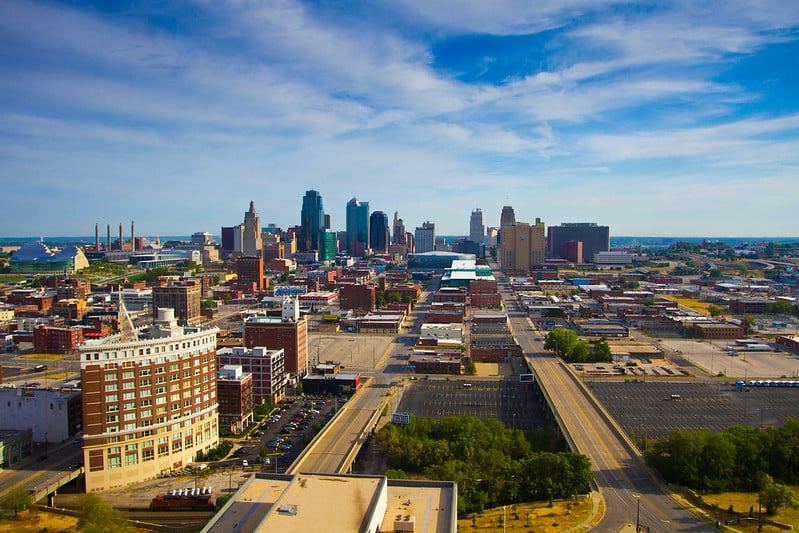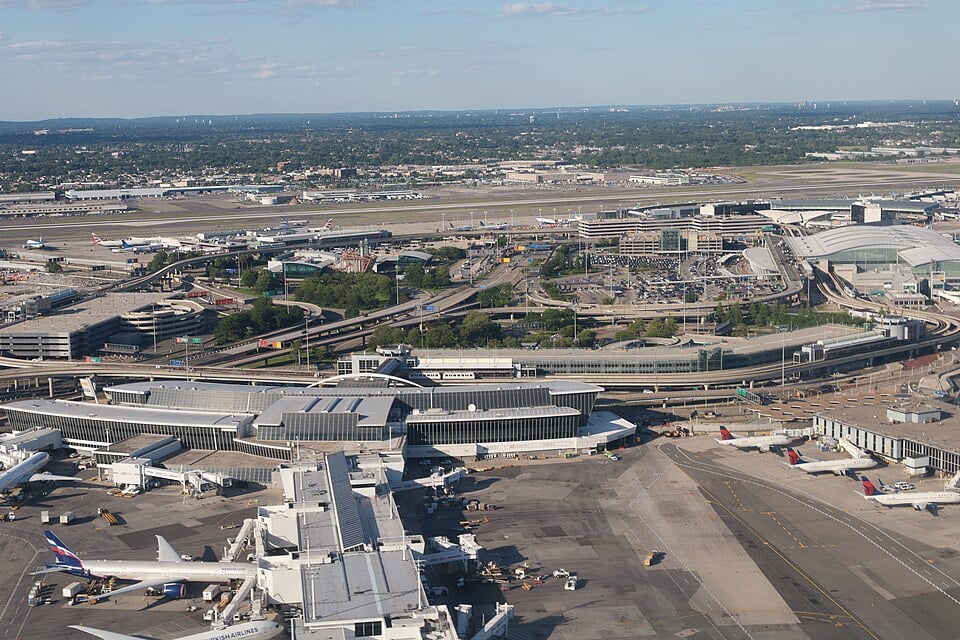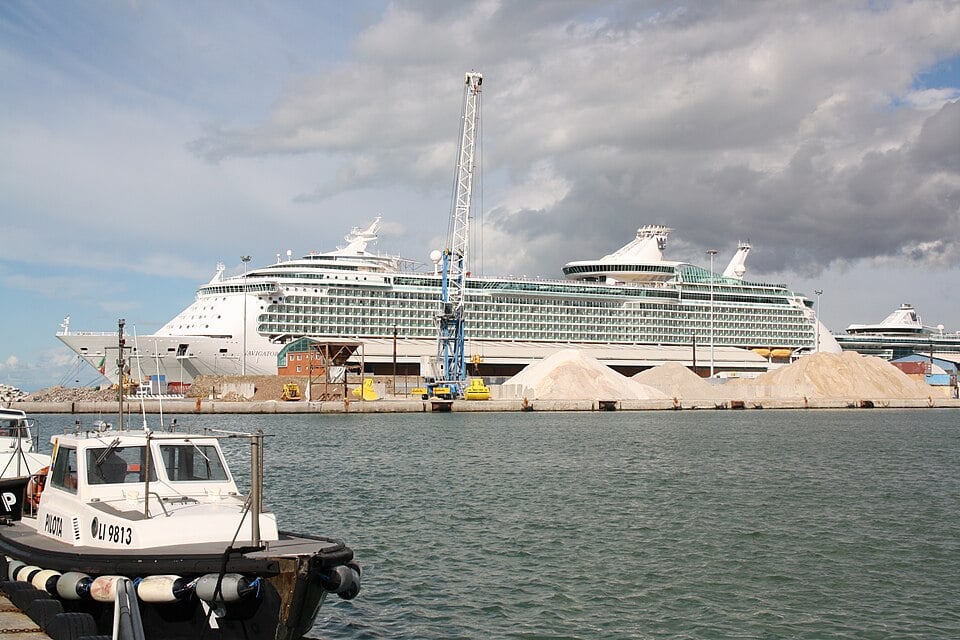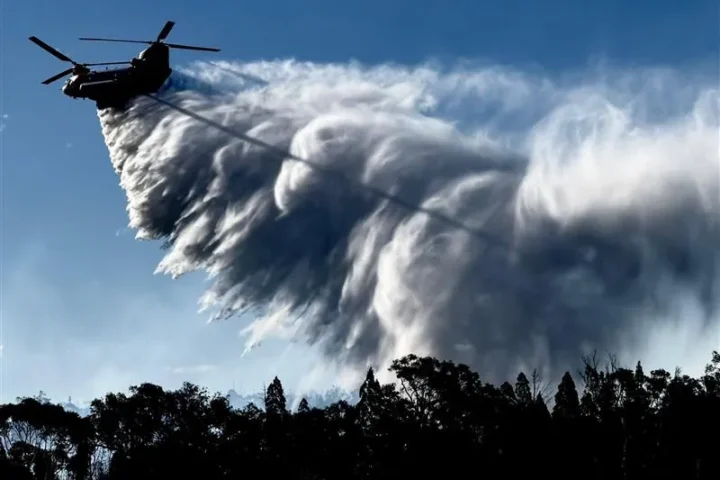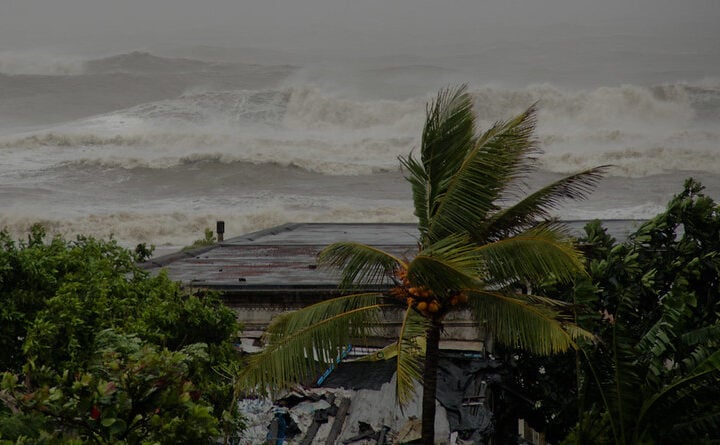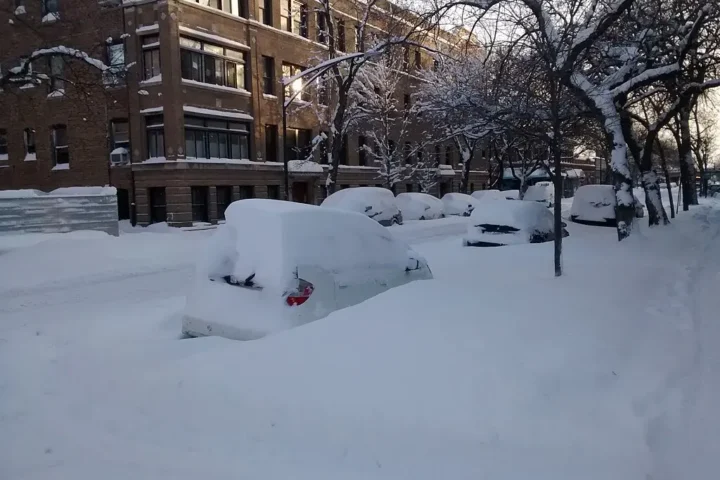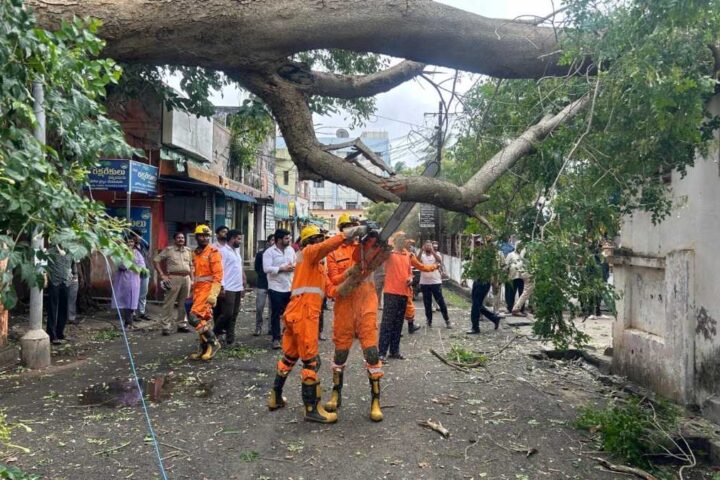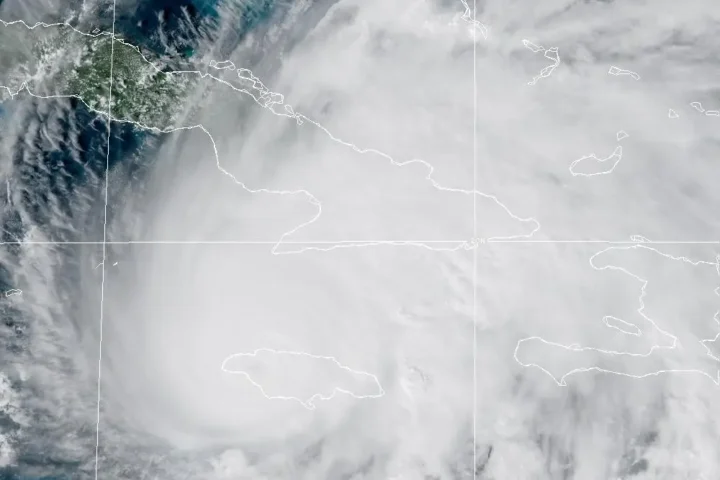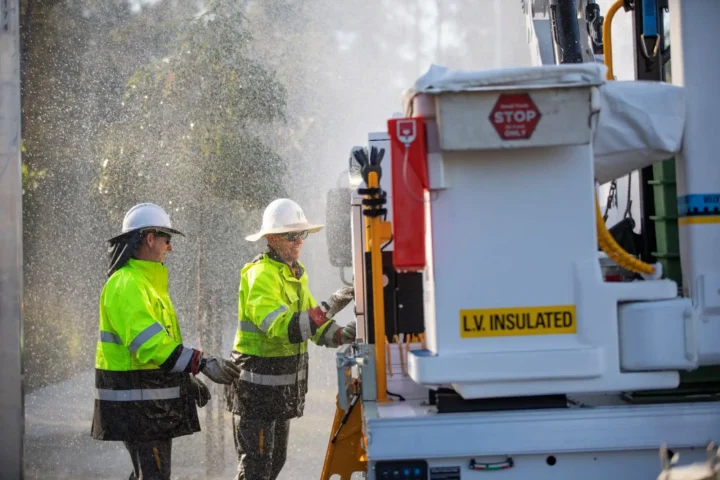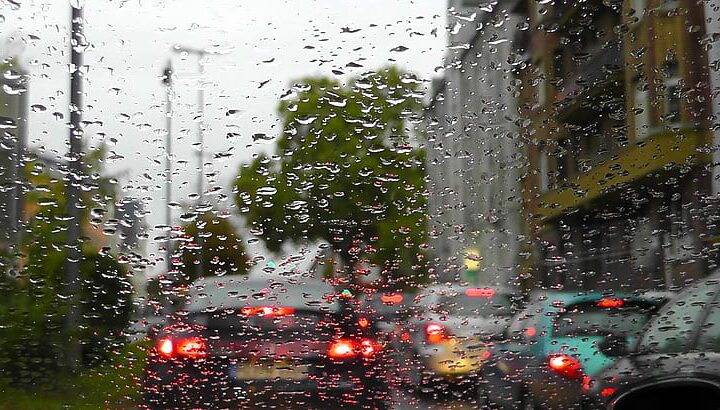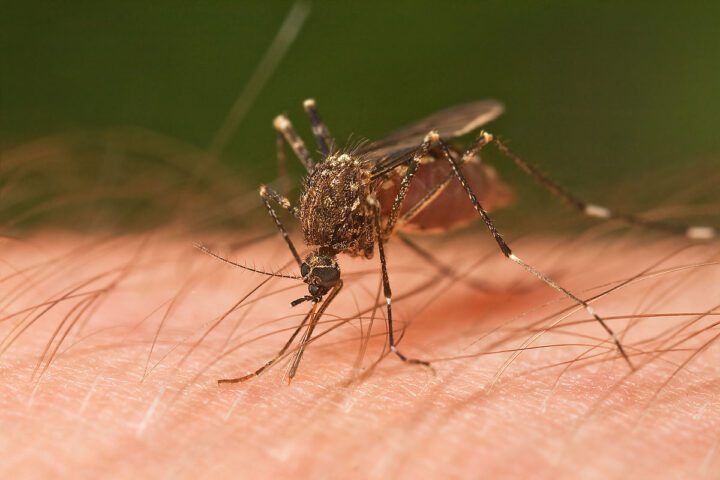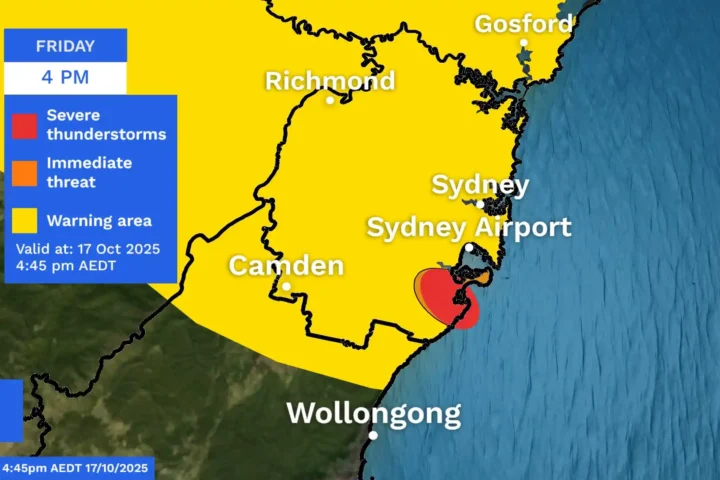Scattered storm chances linger today before a cold front sweeps through, bringing a welcome but brief cool-down on Thursday. Then, Kansas City residents should prepare for a serious heat surge this weekend, with an Extreme Heat Warning in effect from noon Saturday through 7 PM Wednesday.
Today’s unsettled weather stems from a stalled outflow boundary from overnight Nebraska thunderstorm clusters. With atmospheric moisture levels exceeding 2 inches, any storms that develop could produce localized heavy rainfall. The Storm Prediction Center has placed our region under a Slight Risk for severe storms, with potential for hail and gusty winds.
Relief arrives tonight as a cold front moves through between 10 PM and 4 AM. Thursday brings a genuine break with highs reaching around 79°F, though morning showers may linger until midday, according to KMBC meteorologists.
The reprieve won’t last long. The front stalls south of KC this weekend before retreating northward as a warm front, unleashing renewed heat and humidity. The National Weather Service has issued an Extreme Heat Warning effective from noon Saturday, July 19, through 7 PM Wednesday, July 23, with heat indices reaching approximately 105-110°F.
UV and Air Quality Concerns
The UV Index in Kansas City typically reaches “Very High” levels during July, often registering between 9-10 on clear summer days. At these levels, unprotected skin can burn in just 10-20 minutes. The Environmental Protection Agency recommends using broad-spectrum SPF 30+ sunscreen, wearing protective clothing including a wide-brimmed hat, seeking shade, and limiting outdoor activities between 10 AM and 4 PM.
Air quality presents another health concern during extreme heat events. The Mid-America Regional Council (MARC) Air Quality Program issued its first Orange Ozone Action Alert of the 2025 season on June 19. During ozone season (March 1-October 31), MARC provides daily “SkyCast” forecasts via AirQKC.org to help residents plan ahead when air quality might be problematic, especially for sensitive groups like children, older adults, and those with respiratory conditions.
Cooling Resources Available
Kansas City’s “Cool KC” Extreme Heat Plan activates numerous free, air-conditioned cooling centers across the metro area. Residents should call United Way at 211 or visit the Cool KC website for the current list of air-conditioned cooling locations. United Way maintains a directory of 118 cooling centers available throughout the Kansas and Missouri metro areas.
Libraries across both Kansas and Missouri sides of the metro also serve as cooling centers during regular business hours. Hours and availability may vary by location, so calling ahead is recommended.
For those interested in longer-term community solutions to heat management, GAF’s Cool Community Project provides information on innovative approaches to beating urban heat islands.
Historical Context and Climate Trends
Today’s normal high temperature at Kansas City International Airport is 89°F. While current forecasts predict dangerous heat, they won’t approach Kansas City’s all-time record of 113°F, set on August 14, 1936. Additional historical records include 111°F readings on July 14, 1954, July 18, 1954, and August 10, 1934.
According to the U.S. Drought Monitor, approximately 8% of Kansas is currently experiencing drought conditions (D1 or worse), with 23% classified as “Abnormally Dry” (D0) as of July 1, 2025.
Climate research from the EPA shows a concerning trend in heat wave frequency across the United States. According to their Climate Change Indicators report, heat waves in major U.S. urban areas have increased from an average of two heat waves per year during the 1960s to six per year during the 2010s and 2020s. The average duration has also grown from about three days to four days, and the heat wave season is now approximately 46 days longer than it was in the 1960s.
These local trends reflect broader global patterns, as detailed in research showing that climate change adds 30 days of extreme heat for 4 billion people worldwide.
Safety Recommendations
The National Weather Service reminds residents that heat is the leading weather-related killer in the country. Health experts recommend:
- Drinking plenty of water throughout the day, even if you don’t feel thirsty
- Scheduling necessary outdoor activities before 10 AM or after 7 PM
- Checking on elderly or medically vulnerable neighbors
- Never leaving children or pets in vehicles, even briefly
- Seeking air-conditioned spaces during the hottest parts of the day
Watch for signs of heat-related illness including dizziness, weakness, nausea, headaches, muscle cramping, heavy sweating, and shortness of breath. If someone shows these symptoms along with confusion or loss of consciousness, call 911 immediately as these may indicate heat stroke.
For the latest cooling center information, residents can call United Way’s 211 hotline or visit their website. For air quality alerts and forecasts, sign up at AirQKC.org.
